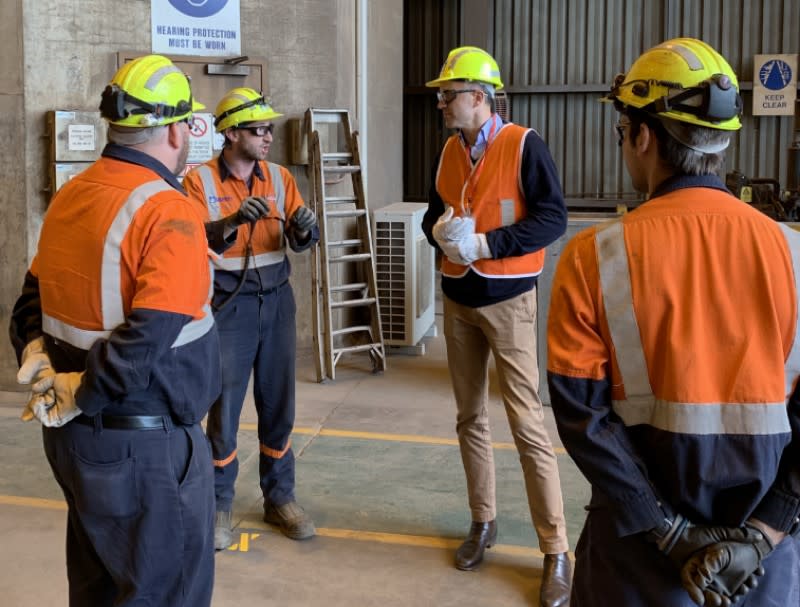SA Premier Moots Big Changes to Construction Industry

There may be massive changes to South Australia’s construction and property development sector as the state’s new premier takes office.
Peter Malinauskas' government won last weekend’s election, promising thousands of new jobs via changes to the state’s construction and property development industry.
Key to this is a planned review of the state’s new Planning and Design Code introduced by the outgoing government, which brought in 72 different development plans along with a new planning portal.
The change caused delays and prompted a petition with more than 13,000 signatures calling for less heritage protections.
The promised review will include an expert panel review of heritage protections, open green spaces and more improvements to the planning processes and system.
The Urban Developer has outlined other changes and reforms mooted by the Malinauskas' government.
Urban green space
Ten per cent of the Open Space Fund will go towards creating pocket parks to balance the loss of urban green space from housing development.
The state government will also introduce a plan for urban forest management.
Parking congestion
Stricter design standards and regulations will be introduced to reduce parking congestion in urban areas.
Developers will be required to include at least one off-street parking space per one-bedroom home or two per two-bedroom home in their project plans.

Construction workers
The premier also intends to mandate that 90 per cent of the labour on major infrastructure projects be South Australian workers and 20 per cent of the labour on all major projects be apprentices, trainees, long term unemployed, and Aboriginal workers, with penalties for lead contractors.
Timely payment
A mandate that all lead contractors on government projects pay subcontractors within 15 days has been promised, along with a requirement for the government to pay contractors within 15 days.
Around 1 per cent of all government project funding will be part of a support fund to pay sub-contractors directly if lead contractors default on or delay payment with lead contractors required to then pay the government back.
All government projects signed off by the previous state government will also be reviewed to make sure that they have not been awarded to interstate or overseas companies against state government policies.
Local spending
The state government will redirect $425 million of its current $8.5 billion in annual spending to local goods and services with government agencies following suit and hiring local professionals on all government projects and using local products and services on public housing projects.
The auditor-general will also audit government spending on procurement to see how much is spent on South Australian and non-South Australian goods and services at a cost of $900,000 over four years.
Tender processes
Government procurement opportunities will be advertised three months in advance, at a cost of $1 million over four years, to allow local businesses enough time to prepare for tenders with $900,000 over four years spent to help businesses become tender ready.
Major project tenders will be released within 30 days of securing project funding.
The government will annually publish an three-year project pipeline of upcoming infrastructure projects over $10 million to allow lead contractors to prepare and where possible ensure that public projects over $500 million are broken up into smaller stages to allow multiple local companies to participate.
Other promises the Malinauskas has made include setting up a new Homestart loan for first home buyers that allows them to borrow to build a new house with a 3 per cent deposit, and consulting widely with community and industry groups before introducing new laws around jail terms and fines for deaths in the workplace.
There are also plans to tighten up labour hire licensing laws, introduce wage theft legislation and to provide $400,000 for workers and residents who have suffered after exposure to asbestos.














